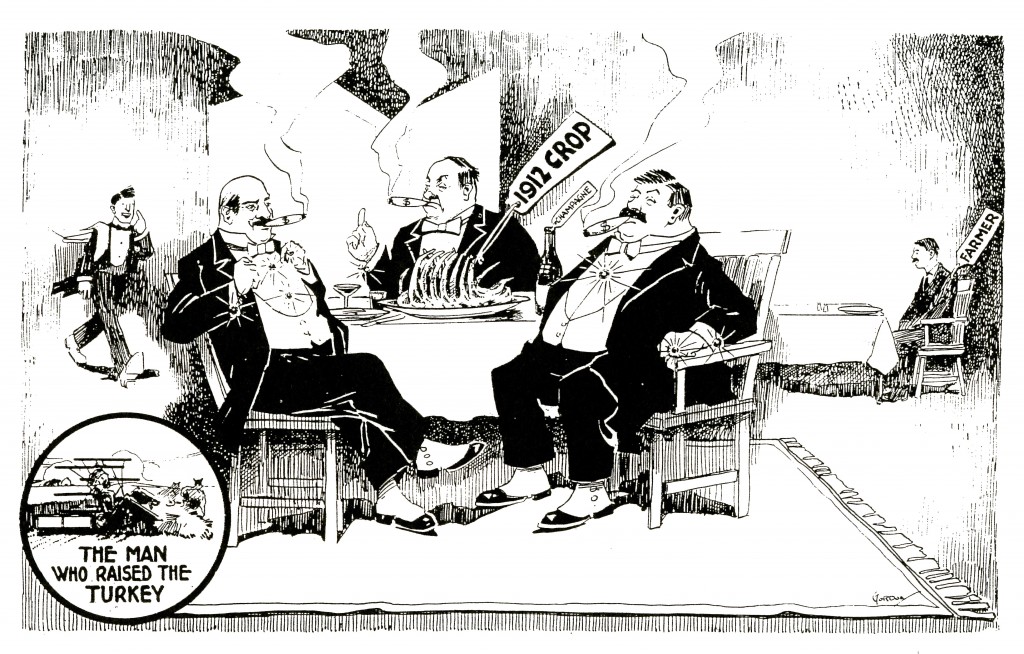The United Nations – Food and Agricultural Organization (FAO) has proclaimed 2014 the year of family farming. Their web site mentions the importance of access to markets and even cooperatives, but nothing about the importance of marketing boards for providing that access to family farms.
Proclamations like this from the UN and others about family farms disregard the fundamental reality that farmers are not only working in a defective economic structure, but are competing with giant companies for their fair share of the food dollar. To do so effectively farmers need to have their products marketed in an orderly fashion AND have a large enough collective bargaining unit to give them the market power to handle the sale of their products, something only marketing boards can give them.
The recently killed Canadian and Australian Wheat Boards were examples of how to do this successfully, yet that success is being wiped from the collective memory. Western grain farmers are often over-looked as part of family farms because grain farmers appear to be well off – farming large tracts of land with expensive equipment. However, western Canadian farmers now face the same defective market structure farmers the world over do.
To give FAO their due their website does mention cooperatives. However cooperatives have limitations due to their structure that marketing boards can get around. In a major new book (Alternative Trade) Dr. Gavin Fridell, the Canada Research Chair in International Development Studies and an Associate Professor in the International Development Studies Program at Saint Mary’s University documents how fair trade initiatives and cooperatives are simply inadequate to the task of providing farmers with their fair share of the food dollar when compared with earlier and much more successful trade regulations mandating that producers receive their fair share.
Dr. Fridell’s book reminds us that it was less than 15 years ago that we actually had trade and market regulations where many of the developing world’s farmers were prospering. Now that those regulations have been swept aside the children of high value commodity farmers, like the coffee growers, often go hungry in spite of fair trade initiatives and cooperatives.
Western Canadian grain farmers coping with a new crop year without their Canadian Wheat Board and seeing the price they get for their wheat drop by almost half while grain handlers and multinational brokers continue to prosper from record high grain prices are certainly learning how vulnerable they are to an unregulated and privatized international market. To quote from Dr. Fridell’s book:
“Critics of the CWB’s single desk status have tried to develop arguments around the Board’s alleged economic inefficiencies, most of which have been based not on real world market conditions but on highly questionable assumptions derived from the free trade fantasy—not the least of which is the belief that the elimination of the CWB would result in an “open market” as opposed to merely allowing giant private competitors to move in . . .”
So while it is nice that the United Nations Food and Agricultural Organization has declared 2014 as the year of family farming, their blindness to the structure of the global food trade and their implicit acceptance of the discredited and dysfunctional deregulation of the global agricultural market place bodes ill for family farms and the billions of people who depend on their production.


